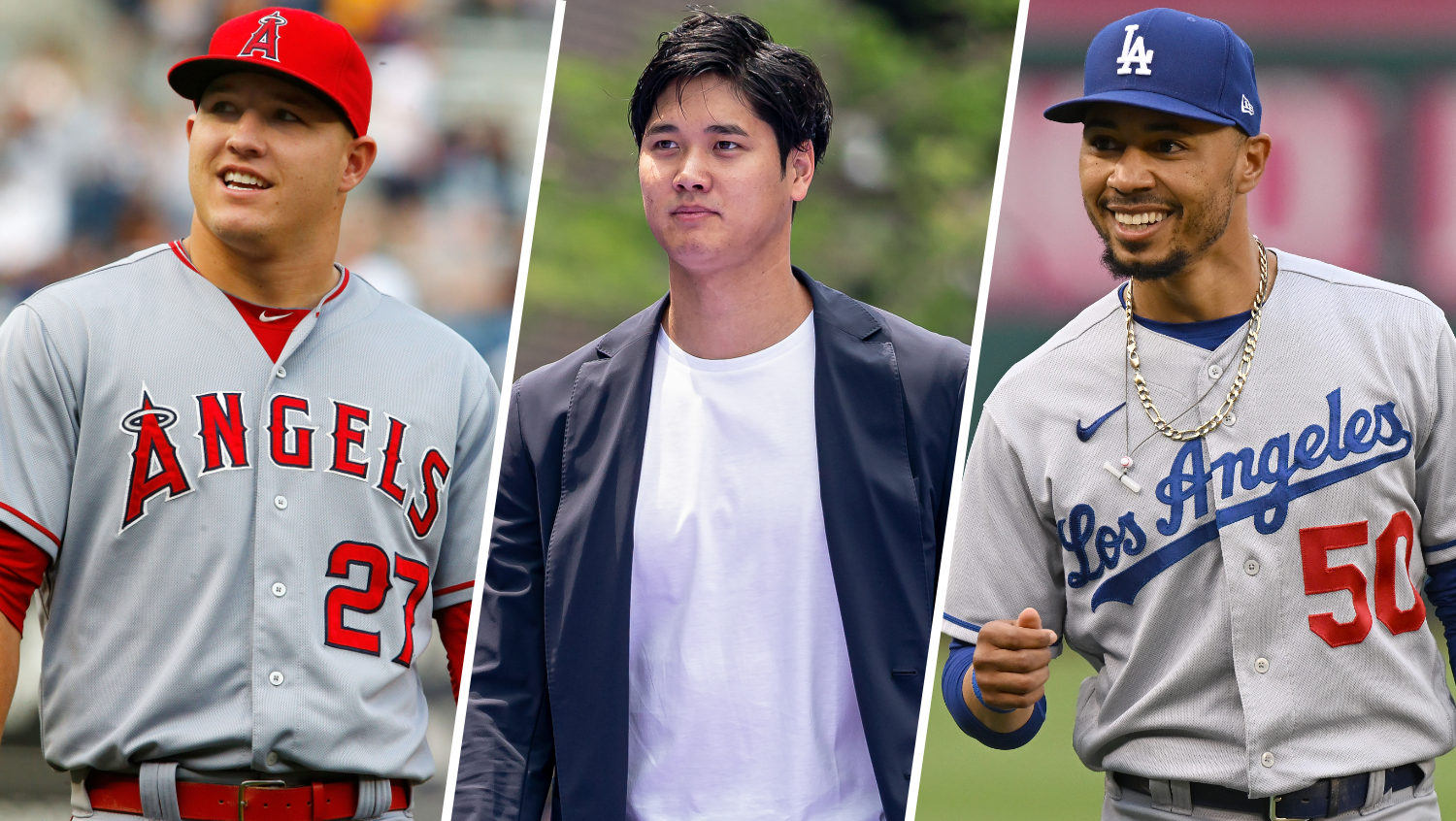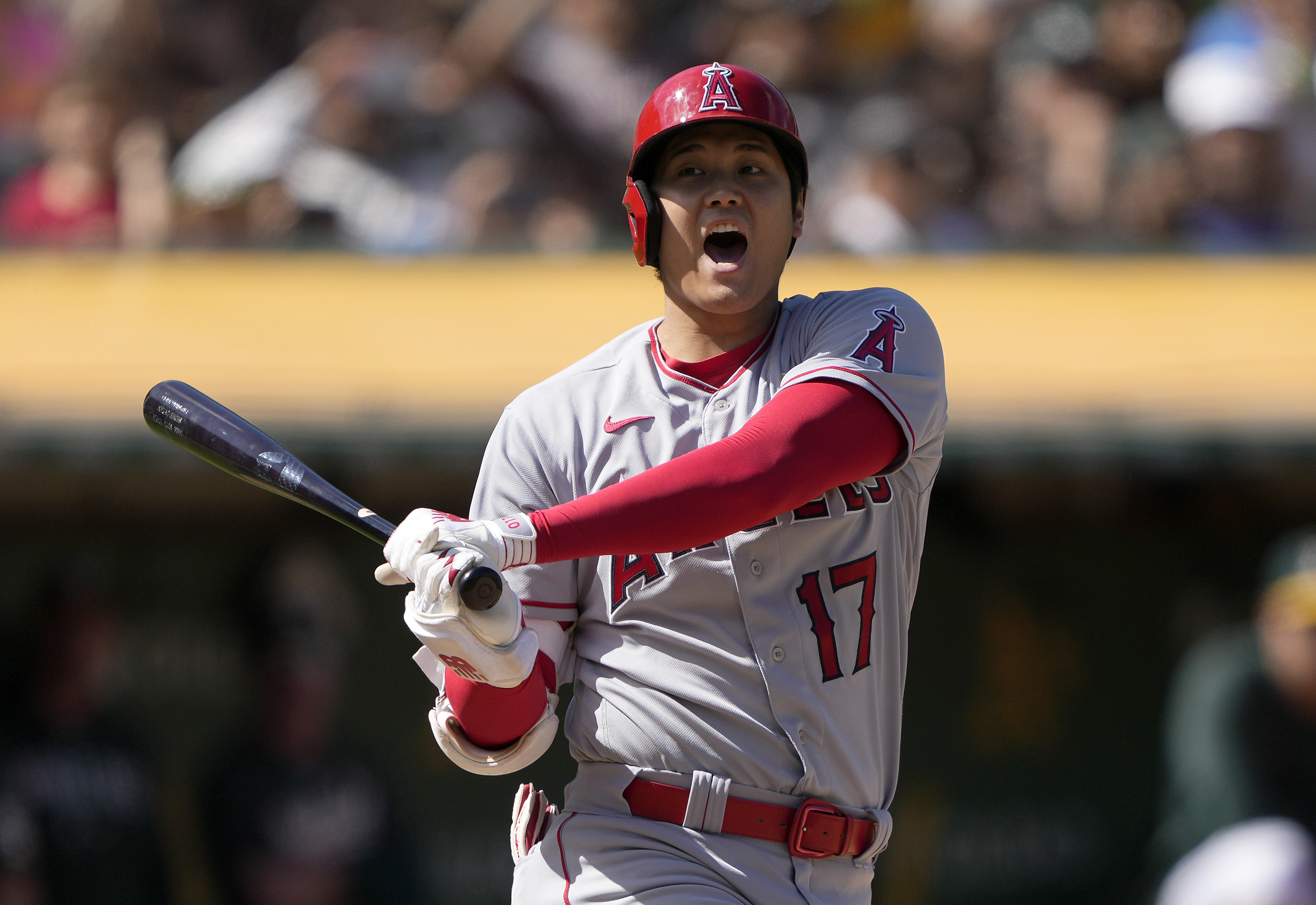Shohei Ohtani is getting paid ... eventually.
The newest Los Angeles Dodgers star signed a record-breaking $700 million contract, setting a new benchmark for the biggest deals in professional sports. But there is a caveat.
Ohtani has opted to defer over 97% of his annual salary throughout his 10-year deal. Instead of receiving it in full each year, the Japanese sensation will get the rest of his money in the 10 years after his contract expires.
What exactly are the details of the contract? And how does deferring money in MLB actually work? Here's a full breakdown of Ohtani's deal, plus the ramifications for him and the Dodgers:
Get top local stories in DFW delivered to you every morning. Sign up for NBC DFW's News Headlines newsletter.
What is Shohei Ohtani's new contract with the Dodgers?
On the surface, Ohtani's contract with the Dodgers looks simple: 10 years, $700 million. But there's much more to it.
Ohtani and his agent, in negotiations with the Dodgers, decided to defer the majority of his money to be paid out later on. Here's how his cash will break down over the next 20 years:
- 2024-2033: $2 million annually (under contract to play for the Dodgers)
- 2034-2043: $68 million annually (after his contract with the Dodgers expires)
Even though Ohtani will be paid just $2 million each season with the Dodgers, the competitive balance tax (CBT) penalties will be harsher. MLB calculated that his 10-year contract has a present-day value of roughly $460 million. So, for CBT purposes, the Dodgers' payroll hit will be around $46 million each year for Ohtani through 2033.
Why is Shohei Ohtani deferring his contract salary?
The deferrals were Ohtani's idea, according to reports by ESPN, MLB.com and The Athletic.
He prioritized winning throughout his free agency, and that's exactly what this deal should allow him to do. The Dodgers will take a lesser CBT hit, while Ohtani still receives the balance of his contract over a longer period of time.
In the meantime, Ohtani won't be hurting for cash. ESPN reported that Ohtani makes at least $45 million annually through endorsements. So even with a $2 million salary from the Dodgers for the next 10 years, he'll likely still be making close to $50 million or more each year.
How does deferred cash work in baseball?
Under the current collective bargaining agreement (CBA), Ohtani's deferral deal with the Dodgers is legal.
Deferrals have long been used in baseball in order to put off owed money into the future and lessen the burden in real time. Bobby Bonilla is perhaps the most famous example, with the former slugger earning $1.19 million annually from the New York Mets from 2011 through 2035.
The Dodgers have used deferrals to sign their two biggest stars before Ohtani. Mookie Betts will earn $120 million in deferred money from 2033 to 2044 after his contract expires, while Freddie Freeman is set to receive $57 million from 2028 to 2040.
Deferred money is limitless under the CBA -- teams can space things out for as much money or as long as they and the player agree to. It just comes down to how much money owners want to pay down the line for players who are not on their roster anymore.



